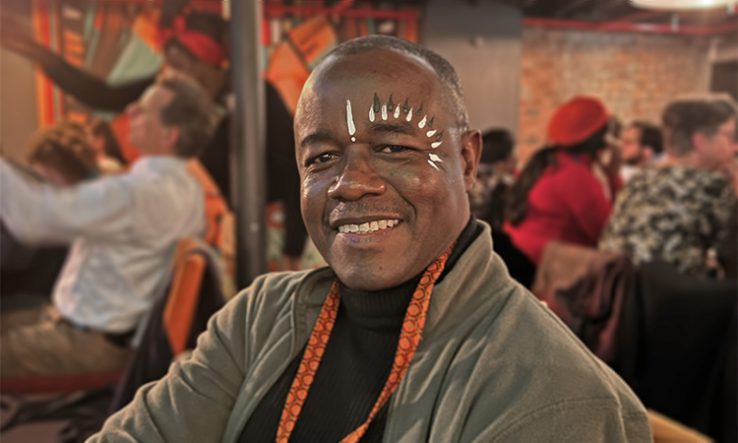
Image: Francis Kombe
The aim is to address underrepresentation of continent in research integrity programmes
The African Research Integrity Network has been officially launched, a process which began back in 2015.
“Following [seven years] of hard work developing a constitution, we are now able to formally launch ARIN … It lays the ground for officials to be elected who will take the mantle to the next level and register ARIN in any setting that it so desires,” said Francis Kombe, co-chair of the organisation.
The network aims to be a vehicle for African researchers, research leaders and research communities to have an active voice on the global stage.
The constitution was adopted during a session of the World Conference on Research Integrity (WCRI) in Cape Town, South Africa on 30 May.
ARIN started as an informal conversation amongst African attendees during the fourth WCRI in Rio De Janeiro, Brazil, in 2015.
Kombe explained that ARIN was conceptualised to address Africa’s gross underrepresentation in international debates about responsible research conduct.
In Africa, for Africa
Kombe highlighted the importance of having the work of the network guided by African perspectives and inclusive thinking.
“We hope to be able to create awareness amongst all sectors and stakeholders of the research enterprise in Africa, about the importance of research integrity and more so, responsible conduct of research,” said Kombe.
Kombe said ARIN will engage African academic institutions, especially at tertiary level, to set up best practice programmes in research conduct.
ARIN has 68 members from 11 African countries including Botswana, Ghana, Nigeria, South Africa, Uganda and Zambia.